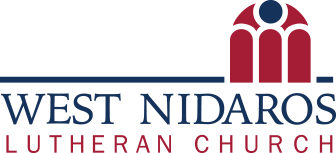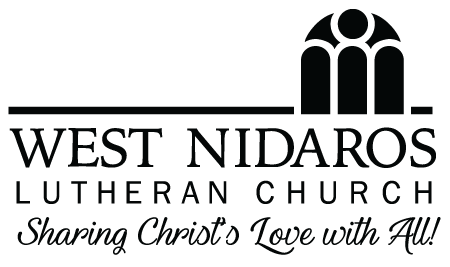God’s Own Child, I Gladly Say It
Martin Luther famously said, "After faith we can do no greater work than to praise, preach, sing, and in every way laud and magnify God's glory, honor, and name (LW 44:39)." Here we sing that God has made us His children, as we have been "baptized into Christ." I find joy in words, especially in that we sing against the disturbance of Sin, we preach to Satan, and we pronounce to Death that "you cannot end my gladness." - Adam Guthmiller
THE COMPOSER:
Erdmann Neumeister (May 12, 1671– August 18, 1756)
Neumeister was born in Uichteritz, in the province Saxonia of Germany, and was the son of Johann Neumeister, a schoolmaster and organist. He became a student of poetology and theology in the University of Leipzig between 1691 and 1697. He began his career as a minister of religion in the town of Bibra and later, became deacon for the duke of Saxonia-Weissenfels. In 1715, he accepted the appointment of Pastor of St. James's Church at Hamburg, entering on his duties there Sept. 29, 1715. He died in Hamburg as an honored main pastor. His grave in the St. Jacobi Church was destroyed during World War II.
Neumeister was a German Lutheran theologian, poet, hymn writer, and strong opponent of Pietism and is best known for writing the texts for five of Bach’s cantatas. He was well known in his day as an earnest and eloquent preacher, as a vehement upholder of High Lutheranism. He had begun to write hymns during his student days, and he still holds a high rank among the German hymn-writers of the 18th century and many of the them still hold their place as standard German hymns for their simple, musical style, scriptural context, poetic fervor, depth of faith and Christian experience.
THE HYMN:
The lyrics, written by Neumeister, were published in 1718.
The tune was written by Johann Caspar Bachofen and first published in 1727. He studied theology but served the church and community as a musician, teacher, music director and composer his whole life. Johann, who grew up in Zurich, Switzerland, served in the Reformed Church and he published several collections of hymns that were very popular in his day.
THE TRANSLATOR:
The hymn was translated in 1991 by an LCMS pastor, Rev. Robert E. Voelker who was a graduate of Concordia Theological Seminary Fort Wayne, and is currently serving as pastor at Gethsemane Lutheran Church in Windsor, Ontario.


